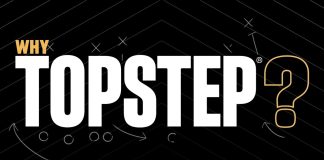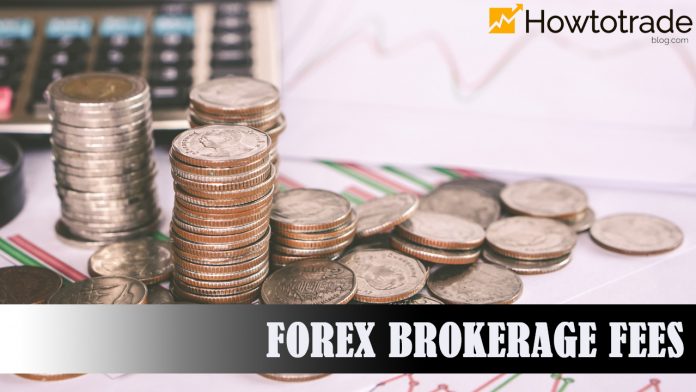




This article will detail the types of Forex trading fees that are incurred when you enter this market. Usually, the cost of trading Forex is quite small. However, in the long run, this is the factor that pretty much erodes your profits. Stay tuned to see what types of fees are incurred in Forex.
Register an Exness account NowGet $1,000 Free for beginners
What is the trading fees in Forex?
Trading fees are the total costs a trader incurs to run his Forex trading career. There are some optional costs like fees for news service, for technical analysis services, or for faster connection. In addition, a trader must also pay some required costs.
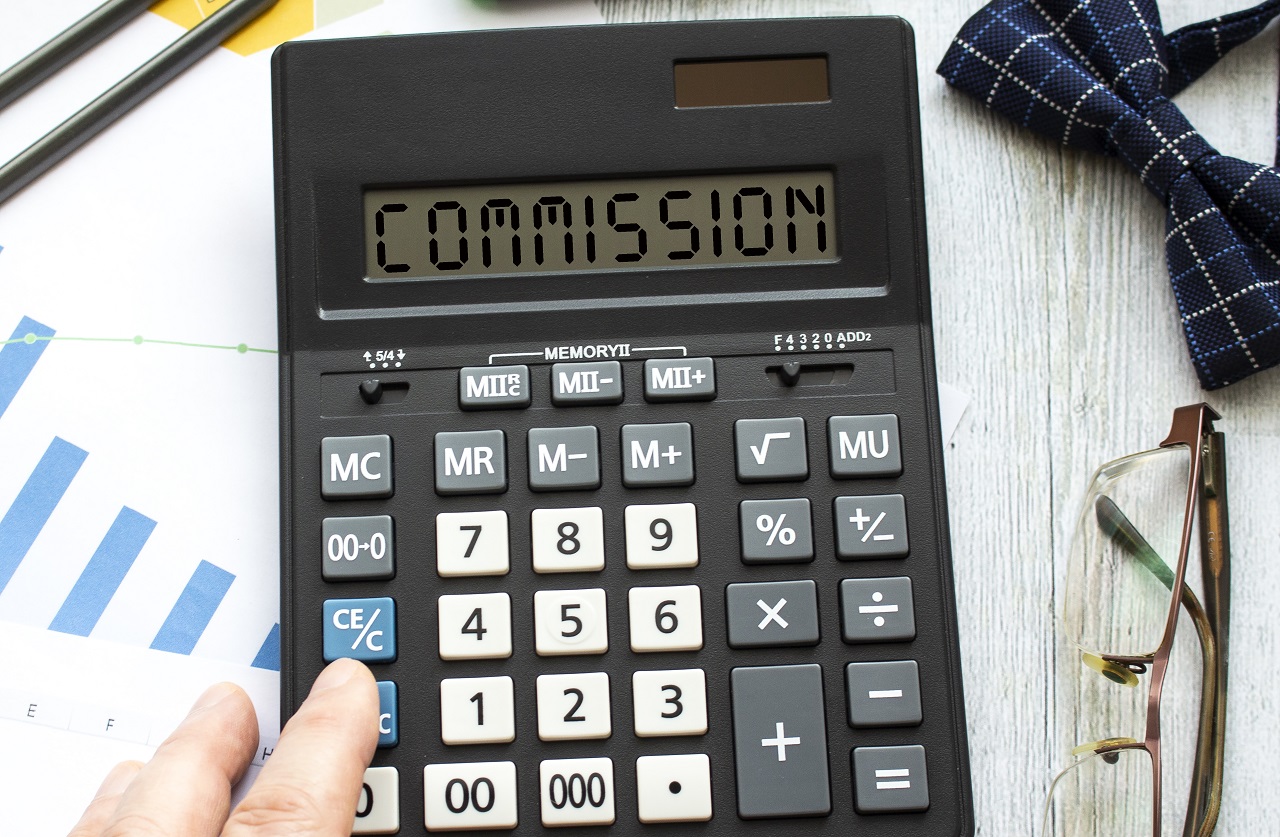
For each trade you make, you will be charged a certain amount for the cost or commission by your broker. Depending on each broker, this amount will be different. But overall, the commission fees are relatively low. This is usually the only transaction cost you may incur.
What are the mandatory costs that traders must bear?
The most common costs involved in trading are spread and commission. These costs are incurred by any transaction made by the trader, profitable or not. Depending on each Forex broker, the method of calculating these fees is different. It could be added to the spread or commission fee.
Spread
Spread is the difference between the bid and ask prices of any asset or currency pair. The bid price is the highest price the broker will pay to buy your asset. And the ask price is the lowest price the broker will pay to sell the asset to you.
Spread is the difference between these two prices and what the broker charges you. This is how they make money and maintain their business!
In order for a trade to make a profit or avoid a loss in trading, the price volatility should be large enough to compensate for the spread.
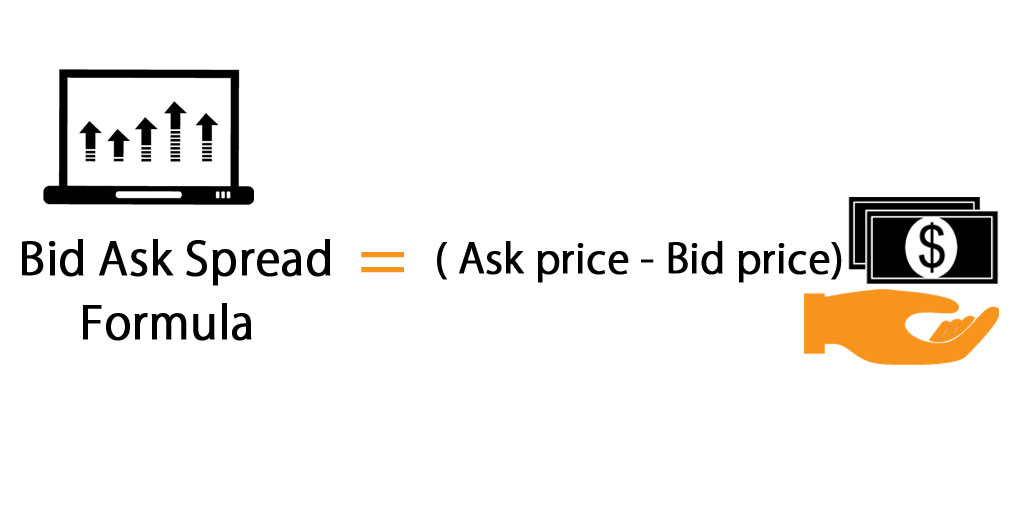
It should also be noted that the spread you pay may depend on market volatility and the currency pair being traded. These fluctuating spreads usually occur mainly in high-volatility markets.
For example, if the market is quiet, i.e there is not a lot of market activity and the volatility is low, the broker may charge the spread for only +2 pips. But if volatility increases or liquidity decreases, the broker will add additional risks to the spread.
Commission
Some Forex brokers also charge commission fees on processing and executing transactions. In these cases, the broker can only charge the spread very little or no spread. Because they make their money primarily from the Commission.
Commission or intermediary fees can be a fixed fee regardless of the volume of the transaction. Or it could also be a flexible fee. This means that the larger the transaction volume, the higher the commission.

The commission fee is similar to the spread in that it is charged to the trader for each trade placed. Therefore, the transaction must then be profitable to cover the commission paid to the broker.
+ Fixed commission fee: Broker will charge a fixed amount regardless of the trading size and volume placed. For example, the broker can charge $1 for each transaction executed.
+ Flexible commission fee: This is the most common way to charge a commission. For example, the broker may charge x $ for every million dollars of the trading volume. In other words, the larger the transaction volume, the higher the commission fee.
Other additional fees that Forex traders may incur
In addition to the commission and spread fees, the broker still charges a number of other hidden fees such as inactivity fees. There are also minimum monthly or quarterly rates, margin costs, and fees associated with calling the broker on the phone.
You should consider your trading habits. From there, you can find out the most cost-effective plan when trading forex. If you trade large volumes, you should pay a flat fee to reduce costs. Meanwhile, traders who do not often trade or trade relatively low volume tend to prefer the flexible fee.
Leverage fees
Leverage is a tool that traders often use to increase their trading profits. One reason why the Forex market is so popular with investors is that they have easy access to leverage. However, when calculating spreads and commission fees, traders must be careful about using leverage. Because this can increase transaction costs to an uncontrollable level.
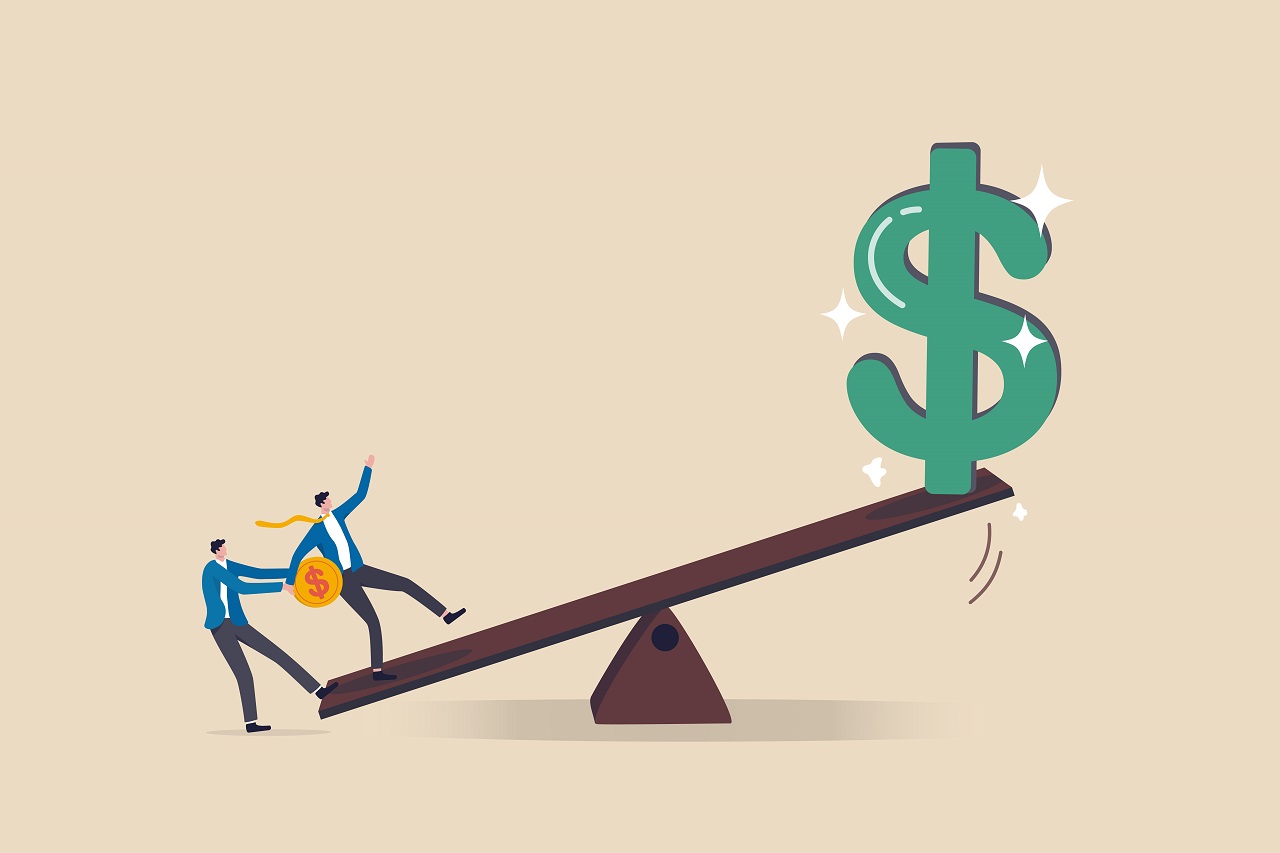
Swap fee
When a trade is held overnight, you will be charged a different cost for the position. This cost is called the “swap”. Unlike other fees regulated by brokers, swaps will be determined by the interbank system.

These transaction costs will increase along with leverage. That is, the trader trades with the higher leverage will bear more costs.
For example, if you buy the USD/JPY pair overnight, the swap fee will depend on the interest rate difference between Japan and the US.
In short
The fees may not affect your profit too much on each transaction. However, knowing the fees will help you find a more economical and optimal trading style.










